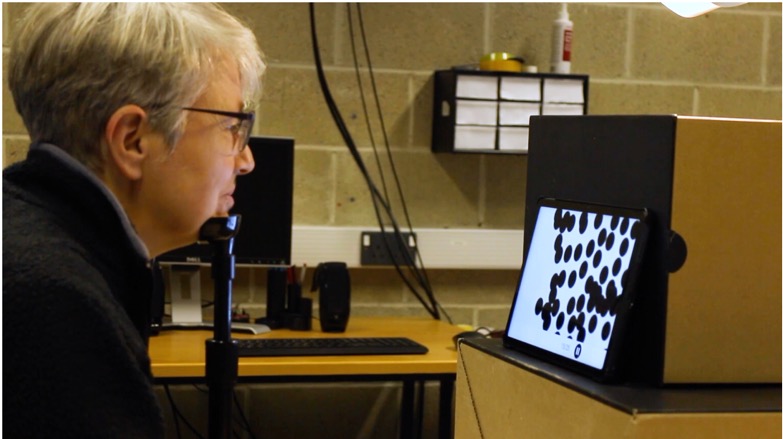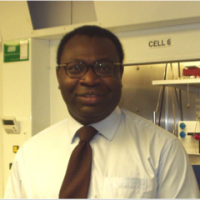
The Need
Diagnostics is important for the assessment, stratification, and monitoring of all neurological disorders.
Diagnostic techniques used must be accurate and reliable for early diagnosis which can reduce the long-term effects of brain injury.
Currently, many diagnostic techniques in brain imaging involve big heavy machines such as CT scanners and MRIs. Other techniques can involve invasive surgery, to ensure accurate diagnosis and monitoring of brain activity. These techniques come with high risks and can have detrimental long-term effects on patients.
The Need
Diagnostics is important for the assessment, stratification, and monitoring of all neurological disorders.
Diagnostic techniques used must be accurate and reliable for early diagnosis which can reduce the long-term effects of brain injury.
Currently, many diagnostic techniques in brain imaging involve big heavy machines such as CT scanners and MRIs. Other techniques can involve invasive surgery, to ensure accurate diagnosis and monitoring of brain activity. These techniques come with high risks and can have detrimental long-term effects on patients.
How can we help?
Particular areas of focus include the use of new neuro-imaging, innovative approaches for assessing intracranial dynamics, and the application of molecular testing of brain tumours.
- Evaluation of PET markers and the clinical application of novel imaging approaches including MRI scan data for tumour treatment planning, leading to safe and improved resection of tumours.
- Molecular diagnostics, including whole genome analysis of tumour tissue for improved diagnostic classification, and analysis of cell-free DNA for early diagnosis and monitoring.
- Improve non-invasive intracranial pressure monitoring by improving models for estimation and applying machine learning techniques to monitor this.
- Evaluation of dynamic imaging to evaluate CSF disorders, including PC-MRI application in normal pressure hydrocephalus, and determination of physiological brain compliance.




